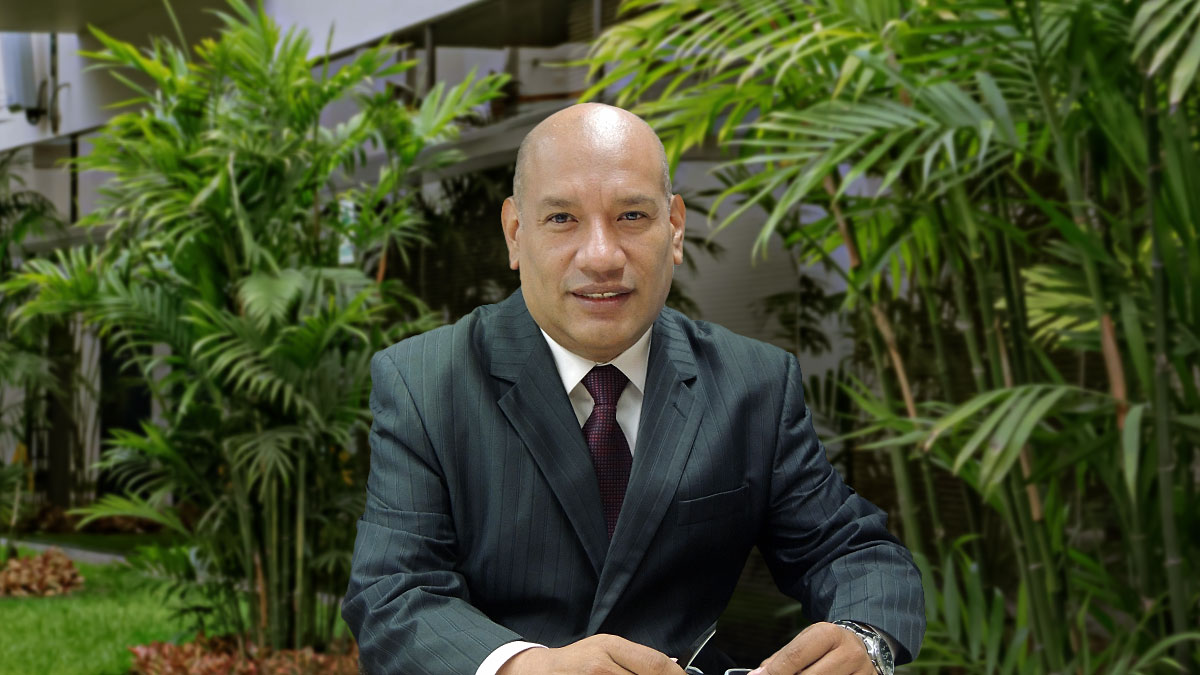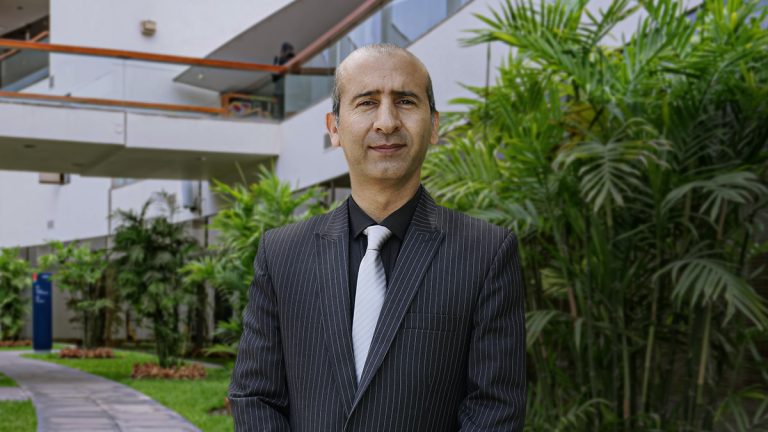Abstract
This study is about what matters: predicting when microfinance institutions might fail, especially in places where financial stability is closely linked to economic inclusion. The challenge? Creating something practical and usable. The Adjusted Gross Granular Model (ARGM) model comes here. It combines clever techniques, such as granular computing and machine learning, to handle messy and imbalanced data, ensuring that the model is not just a theoretical concept but a practical tool that can be used in the real world.Data from 56 financial institutions in Peru was analyzed over almost a decade (2014–2023). The results were quite promising. The model detected risks with nearly 90% accuracy in detecting failures and was right more than 95% of the time in identifying safe institutions. But what does this mean in practice? It was tested and flagged six institutions (20% of the total) as high risk. This tool’s impact on emerging markets would be very significant. Financial regulators could act in advance with this model, potentially preventing financial disasters. This is not just a theoretical exercise but a practical solution to a pressing problem in these markets, where every failure has domino effects on small businesses and clients in local communities, who may see their life savings affected and lost due to the failure of these institutions. Ultimately, this research is not just about a machine learning model or using statistics to evaluate results. It is about giving regulators and supervisors of financial institutions a tool they can rely on to help them take action before it is too late when microfinance institutions get into bad financial shape and to make immediate decisions in the event of a possible collapse.


